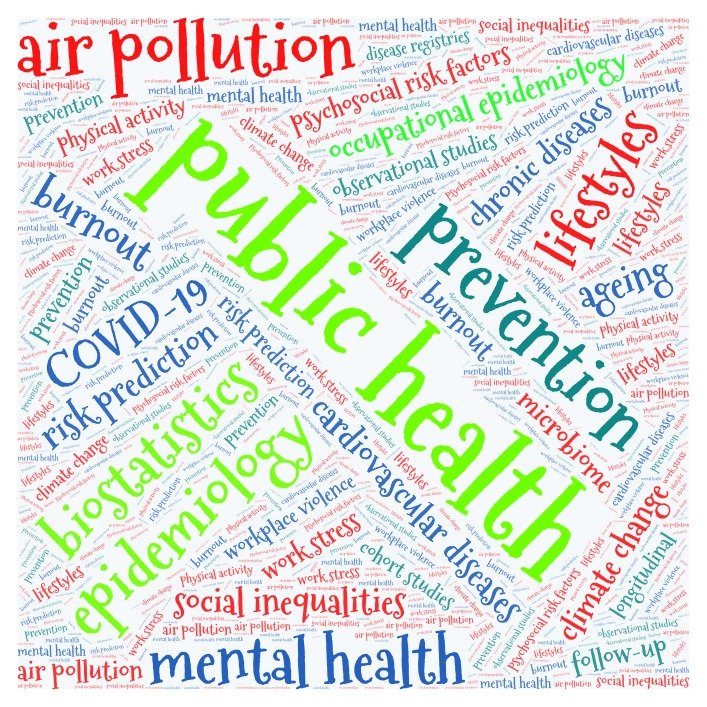
The Centro ricerche in Epidemiologia e Medicina Preventiva - Research Center in Epidemiology and Preventive Medicine - EPIMED at the Insubria University at Varese was established on November 22nd, 2010. Professor Marco M Ferrario was the proponent and first Director. The EPIMED Centre is connected to the Department of Medicine and Surgery. The current Director of the Centre is Professor Giovanni Veronesi.
The primary aim of the Centre is to promote applied research in the biomedical field and to develop epidemiological methodology and statistics which can be applied to biological phenomena and significant pathologies with substantial social impact.
By nature it is an interdisciplinary centre, encopassing the fields of epidemiology, preventive medicine and biostatistics. This peculiar diversity allows the promotion of a number of scientific collaborations to investigate research questions, utilizing a variety of research methods and statistics in different clinical settings and public health setting.
- Prof. Giovanni Veronesi, biostatistician, director
- Prof. Francesco Gianfagna, epidemiologist
- Prof. Simona Costanzo, epidemiologist
- Dr. Emanuele Maria Giusti, tenure-track researcher, biostatistician
- Prof. Licia Iacoviello, epidemiologist, former director
- Prof. Marco M Ferrario, epidemiologist and occupational health specialist, first director
- Dr. Daniele Loffredo, research fellow
- Dr. Sarah Grossi, research fellow
The EPIMED centre has a considerable presence in the 2024 edition of the World's Top 2% Scientists, the world ranking of scientists with the highest level of productivity drawn up by Stanford. Director Licia Iacoviello, center founder Marco Ferrario, and Giovanni Veronesi appear on the short list of the most productive scientists for 2024. Congratulations!
Link to the Elsevier page with all the annual rankings: dx.doi.org/10.17632/btchxktzyw
There are no open position at this time.
Highlights
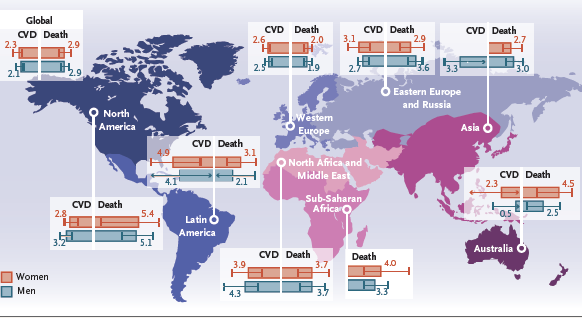

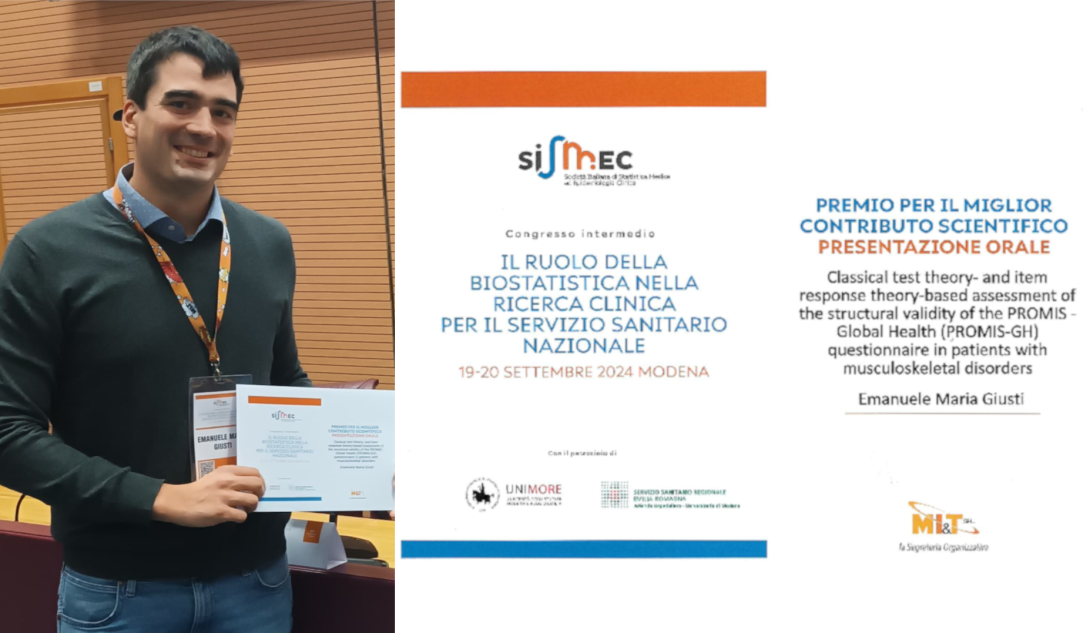
Scientific Committees and working groups
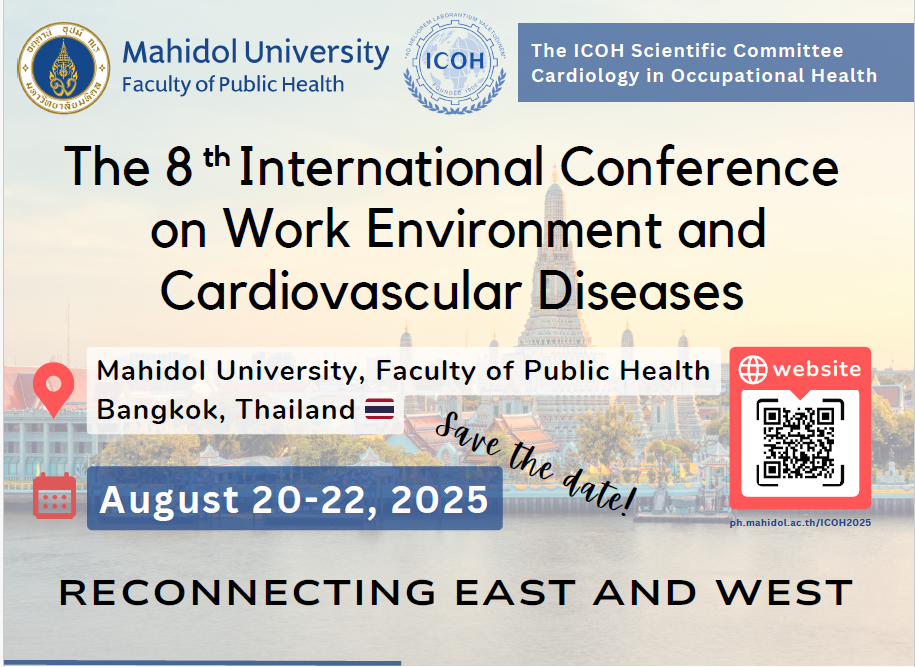


RoCAV Study – Risk Of Cardiovascular diseases and abdominal aortic Aneurism in Varese
Abdominal aortic aneurysm screening in a population sample of men and women resident in Varese aged between 50 and 75 years (n=3777). Baseline visit: 2013-2016.
Main lines of research:
- Diet and arterial stiffness
- Prevalence and risk factors for aneurysms
Documents: Data Quality Assessment spirometry - Data Quality Assessment diet questionnaire – Research protocol
Population cohorts in Northern Italy [Cohorts Collaborative Study in Northern Italy (CCSNI)]
Cohort studies MONICA-Brianza, PAMELA and SEMM, for a total of 14,000 individuals in the Lombardy Region with assessment of risk factors at recruitment and median follow-up of 15 years for cardiovascular events and cause-related mortality.
Main lines of research:

Air pollution and COVID-19
Does air pollution contribute to the spread of COVID-19? The EPIMED Center has activated two studies with the Lombardy Region and ARIANET which will allow us to investigate this relationship in the Varese area.
Interactions among air pollutants and SARS-CoV-2 infection and severity
Role of long-term exposure:
Air pollution and response to SARS-CoV-2 vaccine
We investigate the effect of long-term exposure to air pollution on SARS-CoV-2 vaccine response in the elderly population.
Preliminary results shown at the RespiraMI 2024 conference:

Project "Burden of SARS-CoV-2 infection in populations with high or low risk of infection"
Project funded by the Veronesi Foundation in which the antibody level and the psycho-social impact of the pandemic was evaluated on the general population and on healthcare workers in two regions with different spread of the virus, namely the Lombardy region and the Molise region. The project is finished, but data analyses are underway!
Results on healthcare workers:
- Antibody response to the vaccine: article – press review
- Impact of the pandemic on mental health: protocol – questionnaires validation – burnout and PTSD - Perceived work stressors and burnout - Impact of overtime and night shift on burnout
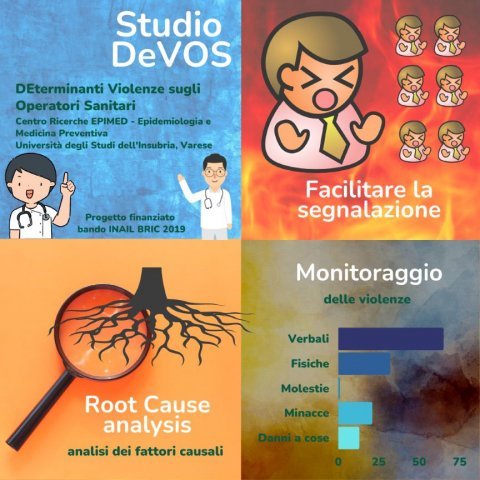
The DeVOS Project [Determinants of Violence against Healthcare Workers]
Violence against healthcare workers is a worrying phenomenon, and is perceived to be on the rise. However, there is little solid data representative of the entire population of workers and capable of characterising the determinants of violence to give indications regarding preventive strategies. To fill this gap, at the EPIMED center we coordinated the DeVOS study, carried out together with ASST Sette Laghi, ASST Lariana and ATS Insubria, and financed by INAIL. Here are some results!
Results:
- Underreporting, prevalence and determinants of violence against healthcare workers: article published in the journal JMIR Public Health and Surveillance.
- Role of turnover, downsizing, overtime and night shifts on violence rates in hospital wards: article published in BMC Public Health.
- Presentation at the EPICOH 2023 congress: here is the video
Press review:
- The DeVOS project on the Italian Workers' Compensation Authority website

Evaluation of work-related stress in healthcare workers
For the evaluation of work-related stress, the EPIMED Center has developed a multi-factorial work plan that combines indicators taken from company data (turn-over, down-sizing, absenteeism and injury indicators, overtime and shift work) with psychometric scales from individual questionnaires.
Read more: methodology - questionnaire site
Work-related stress and cardiovascular risk
The effect of work-related stress on the cardiovascular system is known, but the mechanisms of action remain controversial. Using samples of workers, we addressed some of these, such as: alterations in heart rate variability and disproportionate accumulation of allostatic load
Biological injuries
What is the role of organizational factors with respect to the temporal trends of biological injuries among healthcare personnel? An analysis of ten-year data from a Varese hospital tries to investigate this. Here are the results!

Big data, selection bias, observational studies, and p-value
The old paradigm of statistical inference based on the p-value encounters some characteristics common to the most recent observational studies, such as large numbers, low participation and high risk of selection bias: how will it end?
Research Products: Read the article

MORGAM/BiomarCaRE Consortium
International study of more than 40 population cohorts from more than 10 European countries, with harmonized data on cardiovascular risk factors at baseline and follow-up of coronary and cerebrovascular events.
Main research lines of the EPIMED Center within the consortium:
- Lifestyles and heart attacks: results published in the New England Journal of Medicine
- Determinants and mechanisms of social inequalities in cardiovascular diseases
- Social inequalities in CHD/Stroke incidence
- Prediction of cardiovascular risk in Europe
Video contents:

- ATS Insubria di Varese
- Centro Interuniversitario Healthcare research and Pharmacoepidemiology (HRP)
- Centro Studi Sanità Pubblica (CESP), Università di Milano-Bicocca, Monza
- Istituto Neurologico Mediterraneo NEUROMED, Pozzilli (IS), Italy
- Istituto Superiore di Sanità, Roma, Italy
- BiomarCaRE Project
- MORGAM Project
- EuCanSHare Project
- Società Italiana di Statistica Medica ed Epidemiologia Clinica (SISMEC)
Press releases [ENG]
Press releases [ITA]
- More than half of strokes and heart attacks can be avoided with a healthy lifestyle
- The nutrition label on foods must take into account the degree of processing of the food
- Air pollution and spread of COVID-19 in the city of Varese
- Antibody response to SARS-CoV-2 vaccination in healthcare workers: the role of inflammation
- EPIMED Center participates in a European study to update cardiovascular risk equations
Video contents [ENG]:
- The first results of the DeVOS study on the determinants of violence against healthcare workers were presented at EPICOH 2023
- Pollution and COVID-19 in the city of Varese: video summary for the EPICOH 2021 congress
- Differently exposed or differently susceptible? The EPIMED Center and social inequalities at the World Congress of Epidemiology 2021!
Browse the section
For information
Ex-Cascina Agricola, Via Monte Generoso 71, 21100 Varese – Italy
Mon-Fri 9.00 am – 6.00 pm
@: segreteria_epimed@uninsubria.it
tel: +39 0332 21 7222
fax: +39 0332 39 5596





